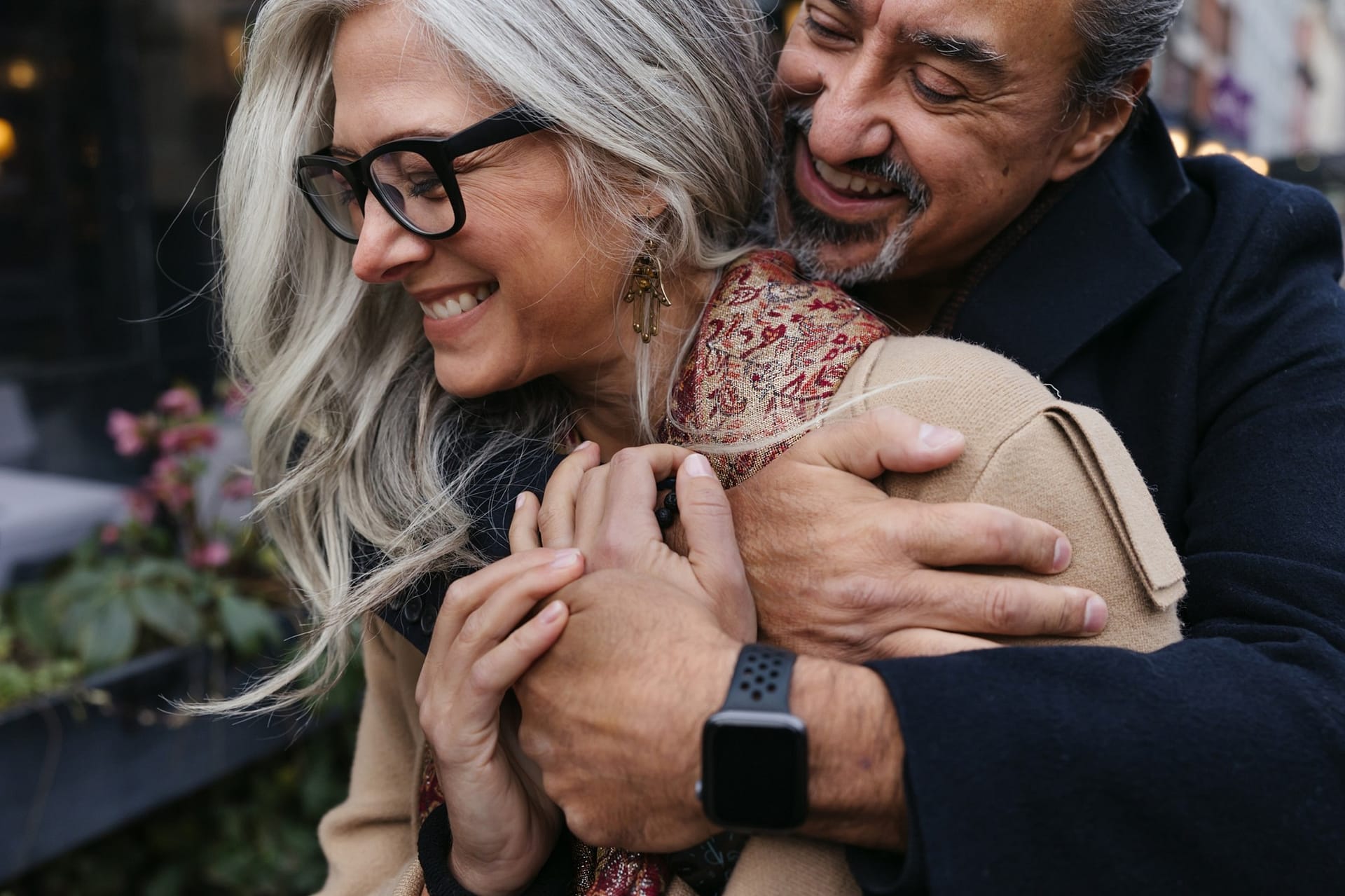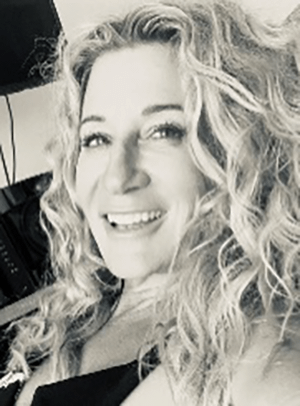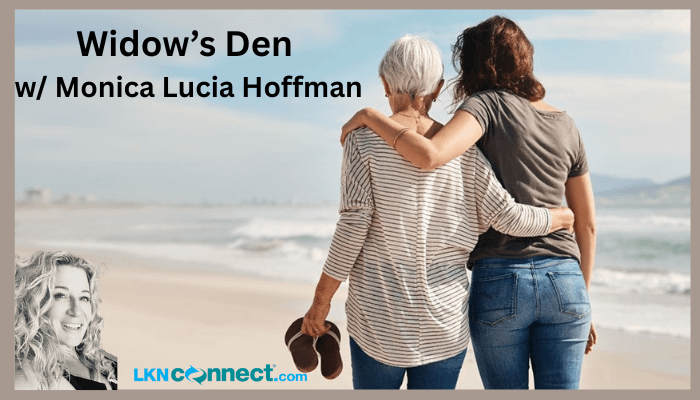Community News Day with Lake Norman Citizen – February 20, 2026
- News Friday & Lake Norman Citizen

Supporting a Grieving Partner
This story is about walking through grief with a partner. James learns that supporting Emily isn’t about fixing her pain but about being present. His patience and unwavering support became the foundation of her healing.
The Strength of Listening:
James had always been the strong one, the steady rock in their relationship. But when Emily lost her father, the weight of her grief shifted everything. The woman who once filled their home with laughter and warmth now moved through the house like a shadow of her former self. James didn’t know what to say or do; how could he possibly take away her pain?
At first, he tried to find the right words, but he quickly realized there were none. So, instead, he sat with her in silence. When she needed to talk, he listened without interrupting, without trying to fix things. Some nights, she cried until she fell asleep in his arms. On Other nights, she sat staring at old photographs, lost in memories. He learned to let her lead the way, following her through the labyrinth of loss at her own pace.
Some days, Emily’s emotions shifted like the tide. She would be quiet in the morning, irritable by noon, and exhausted by evening. James reminded himself that it wasn’t about him; it was about her grief. He became her safe space, letting her feel everything without judgment.
He took on more around the house—cooking her favorite meals, keeping the house tidy, and running errands so she wouldn’t have to think about them. He gently encouraged her to eat, to rest, to take small steps toward normalcy. But he never pushed. When she refused to go out with friends or take a walk, he didn’t force her. Instead, he stayed close, offering comfort in the form of a warm hand on hers or a quiet “I’m here.”
One evening, Emily finally spoke about her father in a way she hadn’t before. “He used to take me to the lake every summer,” she whispered, her voice tinged with both sorrow and warmth. James saw a tiny spark in her eyes, a flicker of light in the darkness.
“Let’s go,” he said softly. And they did.
At the lake, they sat by the water, sharing stories of her father. She laughed for the first time in weeks, and James felt a wave of relief wash over him. She wasn’t healed, not yet, but this moment, this small step, was enough.
The days turned into weeks, and while Emily still had moments of deep sorrow, James noticed her beginning to re-engage with the world. She started reading again, cooking small meals, and even stepping outside for fresh air without needing him to nudge her. Healing was slow and uneven, but it was happening.
Then came the anniversary of her father’s passing. James knew it would be a difficult day, so he prepared. He lit a candle at the dining table, left her a note that simply read, “However you need to spend today, I’m with you,” and gave her space. That evening, Emily found him sitting on the porch, gazing out at the sunset. She sat beside him, and for a long while, neither of them spoke. Then, she reached for his hand and squeezed it. “Thank You,” she said.
James didn’t need her to elaborate. He knew what she meant.

Grief, he realized, wasn’t something to fix. It was something to walk through together, step by step, hand in hand. And as long as Emily needed him, he would be there, offering his quiet strength, his unwavering presence, and his love—never letting go.
In Conclusion:
This story conveys a powerful message about the nature of grief and the importance of compassion. Supporting a grieving loved one is not about offering solutions but about walking alongside them in their pain, reminding us that healing is not about rushing the process, but about patience, understanding, and the quiet strength of simply being present. Whether someone is grieving or supporting a loved one through loss, this story reinforces the value of love, presence, and unwavering support.

Monica Lucia is the Author of The Final Chapter and a passionate advocate for those navigating grief and loss. She is the Founder of Widow’s Den and Sisterhood of LKN, dedicated to supporting families In addition to her writing and community-building work, Monica is the Grief and Bereavement Counselor at Raymer-Kepner Funeral Home, Huntersville and Denver.


